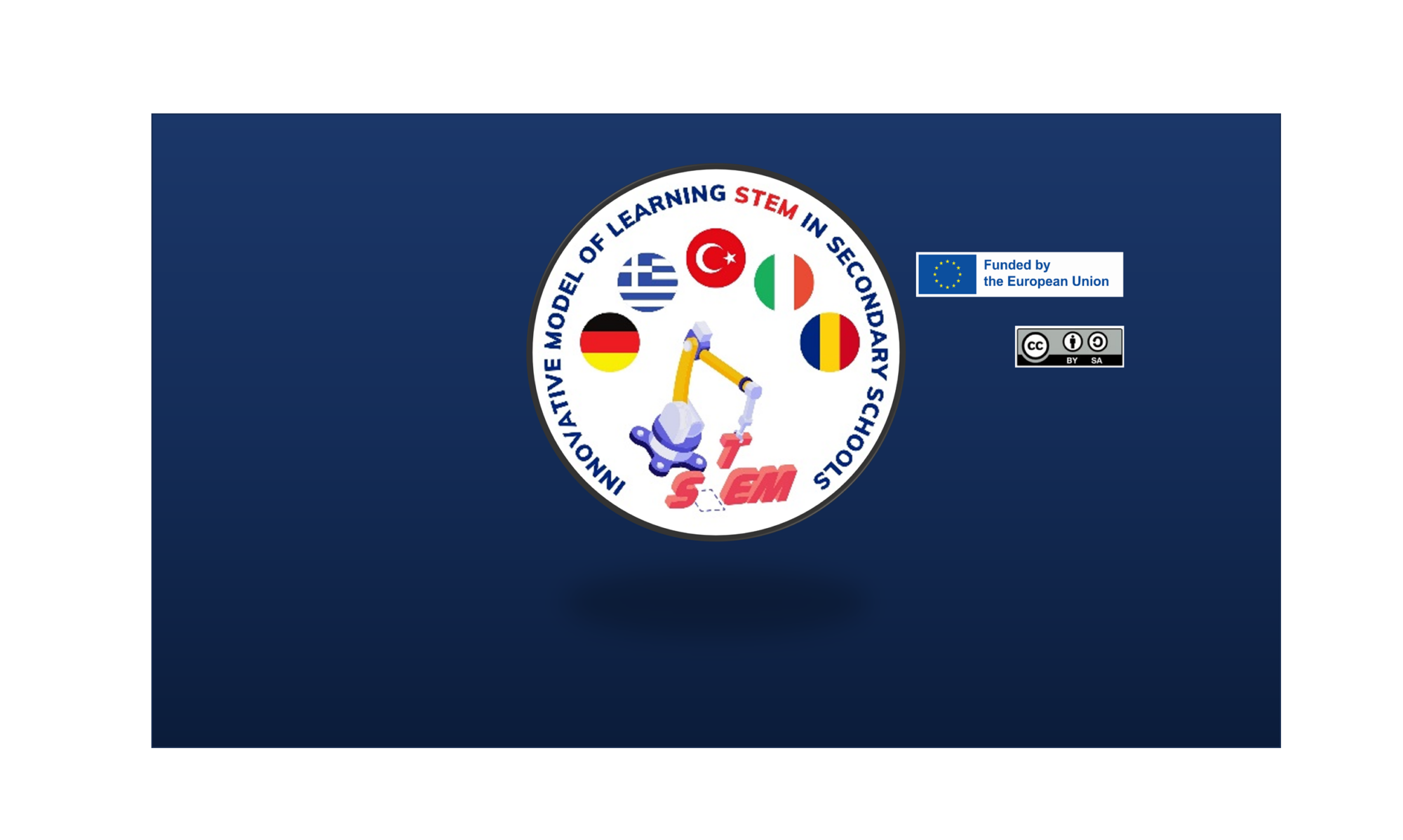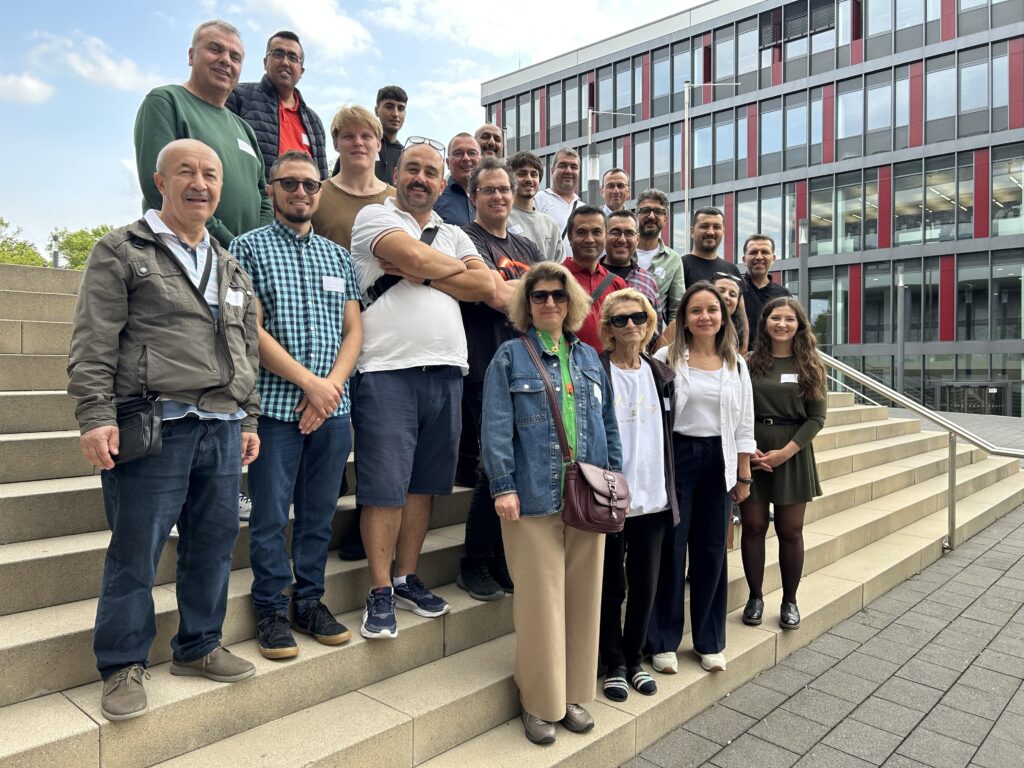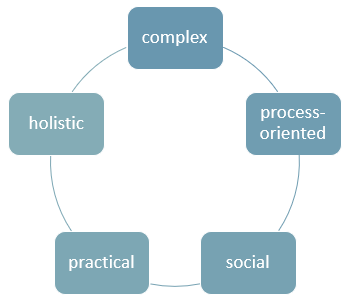Dear readers,
Have a look at the 3rd Newsletter! #LearnSTEM #ErasmusPlus #Innovations


LearnSTEM: Innovative Model of learning STEM in secondary schools
Ref. No.: 2022-1-TR01-KA220-SCH-000087583
Dear readers,
Have a look at the 3rd Newsletter! #LearnSTEM #ErasmusPlus #Innovations

Happy New Year!

With the turn of the year, many new things are on the horizon for the LearnSTEM project. The partners are working at full speed to develop great results. Stay tuned to see what else is in store for you this year! #learnstem #erasmusplus
Yes, the two go well together!
There are lots of little experiments lurking in the Christmas season that you can easily try out at home. You have practically everything you need within your own four walls and can use every day to carry out exciting experiments and inspire your family and flatmates. Simply check out the following website – have fun trying out and discovering!
Link to website: https://littlebinsforlittlehands.com/christmas-stem-ideas-kids/
The LearnSTEM team wishes you a happy festive season! ![]()
![]()
![]()

Women still play a subordinate role in STEM subjects, as STEM fields are dominated by men. That is why early promotion in school is needed!
Girls should be made aware of the STEM subjects, their exciting contents and future topics.
Today, more and more companies are also advertising a woman- and family-friendly working environment in order to attract more women to this industry.

Explanatory videos are transforming the landscape of secondary education. These engaging visual aids offer students a dynamic way to grasp complex concepts, making learning more accessible and enjoyable. In a world filled with digital media, these videos are the perfect tool to capture students‘ attention and promote active learning. Whether it’s minimize complicated scientific processes or unraveling historical events, explanatory videos empower educators to deliver content effectively. They also encourage students to explore topics independently, fostering critical thinking. As secondary schools continue to adapt to modern pedagogy, integrating explanatory videos is a forward-thinking approach that enhances both teaching and learning and is therefore part of the Pedagogical Model of LearnSTEM.
H5P tasks are included in the Learning Units of the LearnSTEM Pedagogical Model.
H5P tasks are interactive, engaging, and versatile digital content created for educational purposes. They encompass various formats like quizzes, interactive videos, simulations, and more. H5P tasks enhance learning by promoting active participation and can be easily integrated into online courses and websites.
Here is the link to the website: https://h5p.org/
Pictures of TPM1
Pictures from TPM 2

The second transnational partner meeting of LearnSTEM was taking place from 29th to 31st August 2023 at the University Paderborn in Germany.
„The LearnSTEM Development Conference!“, as was the title of this meeting, was mainly about developing Work Package 2 – LearnSTEM Pedagogical Model. The partners discussed the tasks in order to develop the design of the model and the learning units.
There was also a discussion about upcoming tasks of Work Package 3 – LearnSTEM Teacher Training Programme.
The meeting helped bring all partners on the same page and clarify the plan for the coming weeks and months of the project.

Pedagogical Principles Approach is incorporated into the Learning Units of the LearnSTEM Pedagogical Model. The Pedagogical Principles Approach is a learner-centered teaching method rooted in educational theory. It prioritizes active learning, critical thinking, and adaptability, aligning teaching strategies with learners‘ needs and fostering a deeper understanding of subject matter. The approach promotes complex, process-oriented, social, practical, and holisitic learning.